#agricultural crops
Explore tagged Tumblr posts
Text
10 World's Biggest Dates Producers in 2022
#dates#date palm#ramadhan#saudi arabia#egypt#agricultural crops#farming#iran#iraq#oman#uea#fruits#crops#pakistan#algeria#sudan
0 notes
Text
dear mojang
add more crops in minecraft im begging you im on my hands and knees give us tomatoes give us onions give us strawberries give us peppers
add more food recipes please give us sandwiches give us more pastries give us pudding or some shit
sincerely, the farmer of every minecraft server
#'just play it modded-' NO I WANT IT IN THE ACTUAL GAME#I WANT MORE FARMING I WANT MROE FOOD#I DONT WANT MORE MOBS OR MINERALS OR PLANTS I WANT CROPS I WANT RECIPES#we need an agriculture update i would go crazy over that#mojang please#please#miles rambles#minecraft
21K notes
·
View notes
Text
Global Bioethanol Market Is Estimated To Witness High Growth Owing To Rising Demand for Renewable Energy Sources & Positive Government Policies
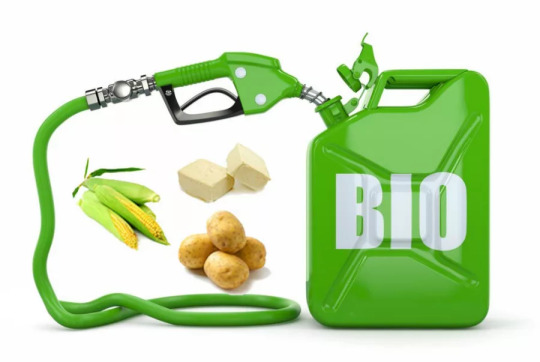
The global Bioethanol Market is estimated to be valued at US$40.8 billion in 2021 and is expected to exhibit a CAGR of 13.2% over the forecast period 2022-2030.
A) Market Overview:
Bioethanol is a type of biofuel produced from biomass or organic materials. It is primarily used as a fuel additive in gasoline and can be blended with gasoline in various proportions. Bioethanol is considered a renewable source of energy as it reduces greenhouse gas emissions and provides a cleaner alternative to fossil fuels. It is widely used in transportation, power generation, and industrial applications. The market for bioethanol is driven by the increasing demand for renewable energy sources and the positive government policies promoting the use of biofuels.
B) Market Dynamics:
The Bioethanol Market is driven by two main drivers. Firstly, the rising demand for renewable energy sources is fueling the growth of the bioethanol market. With the increasing concerns over climate change and the depletion of fossil fuel reserves, there is a growing need for sustainable and clean energy alternatives. Bioethanol offers a viable solution as it is produced from renewable biomass sources such as corn, sugarcane, and wheat. Secondly, positive government policies around the world are encouraging the use of biofuels, including bioethanol. Governments are implementing various initiatives and providing incentives such as tax credits, subsidies, and renewable energy targets to promote the use of biofuels and reduce dependence on fossil fuels.
C) Segment Analysis:
In terms of application, the transportation segment dominates the bioethanol market. Bioethanol is extensively used as a fuel additive in gasoline to reduce greenhouse gas emissions and improve fuel efficiency. It also helps in lowering the dependence on petroleum-based fuels. The transportation sector is the largest consumer of bioethanol due to the increasing demand for biofuels and the stringent emission regulations imposed by governments. Additionally, the power generation and industrial sectors are also adopting bioethanol as a renewable energy source.
D) PEST Analysis:
Political: Governments around the world are implementing policies and regulations to promote the use of biofuels. This includes mandates for blending bioethanol with gasoline and providing incentives for renewable energy production.
Economic: The Bioethanol Market offers economic benefits by reducing the dependence on imported fossil fuels and creating employment opportunities in biomass production and processing industries.
Social: The adoption of bioethanol contributes towards a cleaner environment by reducing greenhouse gas emissions and improving air quality. It also helps in mitigating climate change impacts.
Technological: Advancements in bioethanol production technologies are increasing the efficiency and reducing the cost of production. New techniques such as second-generation bioethanol production from non-food biomass sources are being developed to overcome limitations and enhance sustainability.
E) Key Takeaways:
The global Bioethanol Market is expected to witness high growth, exhibiting a CAGR of 13.2% over the forecast period, due to increasing demand for renewable energy sources and positive government policies promoting the use of biofuels.
The Asia-Pacific region is expected to be the fastest-growing and dominating region in the bioethanol market. This can be attributed to the rising population, increasing industrialization, and supportive government policies.
Key players operating in the global Bioethanol Market include Archer Daniels Midland, POET LLC, Valero Energy Corporation, Green Plains, Raizen, Tereos, Pacific Ethanol, The Andersons Inc., Flint Hills Resources, Sekab Biofuels & Chemicals AB, and others. These companies are focusing on strategic partnerships, acquisitions, and capacity expansions to strengthen their market presence and meet the growing demand for bioethanol.
In conclusion, the global Bioethanol Market is witnessing robust growth driven by the rising demand for renewable energy sources and positive government policies. With an increasing emphasis on reducing greenhouse gas emissions and transitioning towards a sustainable energy future, bioethanol offers a promising solution as a clean and renewable alternative to fossil fuels.
#Bioethanol Market#Bioethanol Market Insights#Coherent Market Insights#Bioethanol Market Growth#Bioethanol Market Demand#Renewable Energy Sources#biomass#agricultural crops#sugarcane#fossil fuel#alcoholic beverages#greenhouse gas emissions#carbon footprint
0 notes
Text

Crop fields out west. 🥬🥦🌽🥕🌶🫑
#food crops#agricultural crops#crops#agriculture#farmers#farmers market#farm#farm insurance#farming#farmer#farming life in another world#vegan#growing food#landscape photoshoot#landscape photography#portland oregon#broccoli#spinach#kale#collard greens#outdoor photography#veganfood#support local#growing plants#gardening#fiddlehead#travel photo blog#food blog#vegetarian#vegetables
1 note
·
View note
Text
I got tired of looking these up
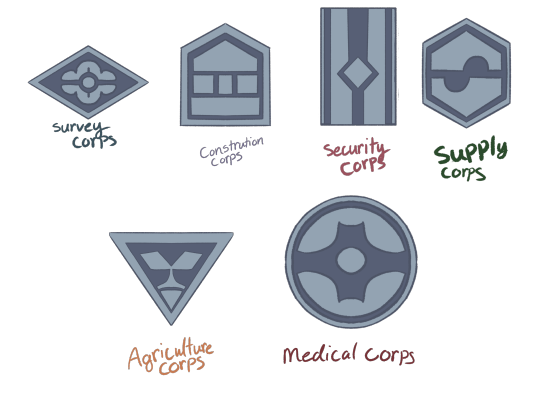
OKAY So I love Pokemon PLA But Some of the things to look up for refrence is really hard. And instead of drawing OCS like a normal person. I decided to make my own Ref sheet I am Sane 👍 Also the images I used to ref
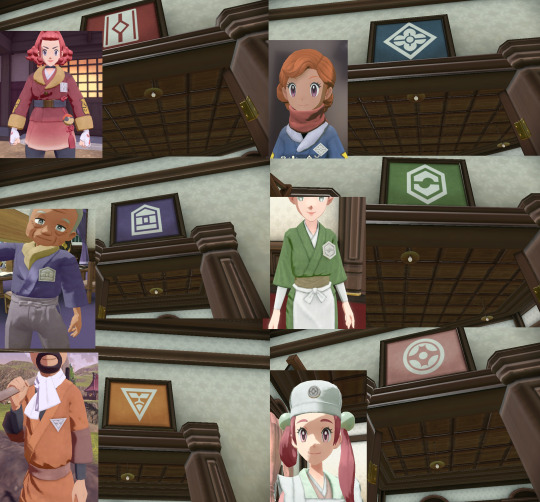
#PLA#pokemon legends arceus#PLA Refrence#survey corps#pokemon#Medical Corps#Construction Corps#Supply Corps#Agricultural corps#Missed opportunity to call it Crops Corps#Security Corps#👍
1K notes
·
View notes
Text
0 notes
Text
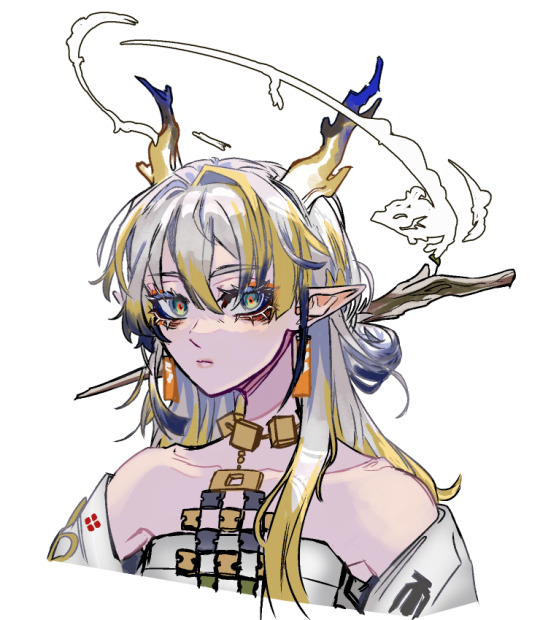
Tried to draw Shu in the style of Crymachina's ingame portraits
#arknights#Shu#crymachina#its really fun to think about a Crymachina AU where she's a deux ex machina in charge of agriculture and earth life regeneration#if anybody can grow crops in space its Shu and Shennong#i dont think she'd let Leben hear the end of it if she found out she survives on bread and water jndsfskfnsdj#i really think she and Enoa would get along so well though. They have surprisingly a lot in common#the crossover nobody asked for but i desperately need#and the topic of “dead humans” and love for humanity is smth the arknights event already touches on. I want to cry so much
279 notes
·
View notes
Text


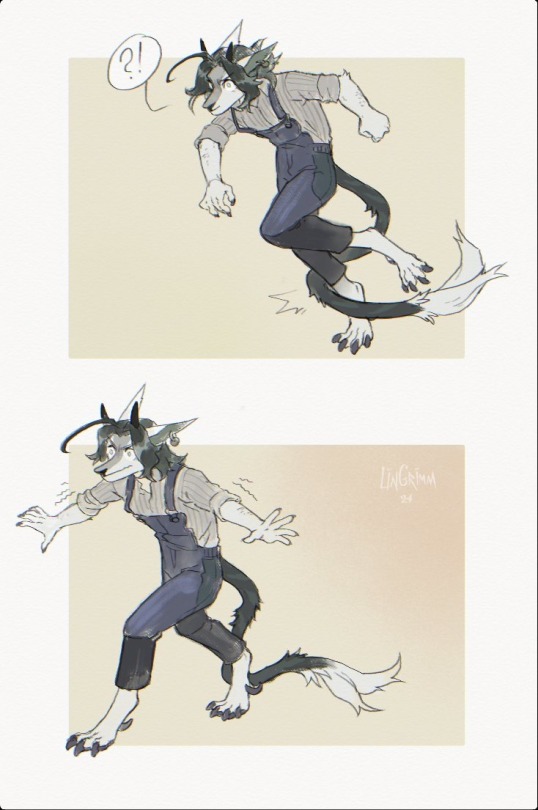
Flynn QA and a request from our Patreon!
(A picture of a naga trying to get used to his appearance, which has three legs or three tails or something)
#he doesn't like mortals but likes to look like one#But his disguise could be easily compromised if he were asked about the agriculture practices of mortals#Anyway he will be happy to provide you with his freshest and most delicious crops#Just don't ask him any questions#by lins#flynn tcol#tcol#the crown of leaves#character qna#art#anthroart#lingrimm
277 notes
·
View notes
Note
how can you claim to be a man when you never even grew up as a boy?
you were never raised a boy, you have no idea what it's like to grow up as a boy. you were raised as the female that you are.
by what standard did i not grow up as a boy? did i not get dirty enough or pull enough ponytails or play enough catch with my dad? is it that my hair was too long or that my clothes were too pink, or maybe that i was friends with too many girls or had crushes on too many other boys? should i have built with blocks instead of playing house, or liked dogs more than cats, or wanted to become a firefighter instead of a vet? if my grandpa gave me handshakes, not hugs, would that be better for you? if the tears bad been beaten out of me, would i get to be a man?
what of the men who grew up decades or even centuries ago, or somewhere across the world from you? surely, their boyhoods looked different than yours. have they lost their right to manhood too in your eyes, because they didn’t grow up quite right? or is it just us that you expect to live up to one stereotypical concept of what it means to grow up as a boy?
and what if you were right? what if my childhood was girlhood after all? i’m a 22 year old man with a partner of 6 years and a job in the same field as my degree and an adult life that i’m building for myself. how much of myself can you really expect me to define by who i was when i was a child? i would hope you don’t define your life by the way you grew up either; maybe your childhood was good enough to be worth basing the rest of your life on, but that would make you one of the lucky ones. the rest of us will be defining our adult lives for ourselves, thank you very much.
#atp this blog just runs itself. all i have to do is sit here and the examples start flooding in#before i was foraging for transphobia but now we’ve got transphobia agriculture. i grow my own crops now#anon hate#examples of transandrophobia#transandrophobia#transandromisia#transmisandry#virilmisia#virilphobia#anti transmasculinity#transmascphobia
350 notes
·
View notes
Text
why does the pjo series have to unnecessarily villainize goddesses (hera & athena) or show them as silly ladies (aphrodite & demeter) BUT posiedon and apollo are somehow shown as the coolest/most likeable gods, even though arguably, they're right after zeus on terms of corruption?
ares shown as the worst god after zeus and hera amuses me. last time i checked, he was the patron god of amazons and literally killed a man for attempting to rape his daughter but guess who cursed women for rejection? apollo. guess who raped women when they said no (aside from zeus)? posiedon.
#all the gods and goddesses in the greek mythology are flawed in their own way#it doesn't make sense why the books were so unnecessarily biased towards certain gods?#it bothers me specifically that hera and athena are SO unnecessarily painted as villains#while posiedon is ‘cool’ dad ‘great’ lover ‘decent’ god ‘reasonable’ than other olympians#i get it he's the main character's father of a children's fantasy novel so rick painted him in a good light#but my man? then why are you painting other gods who are arguably just as bad as him as WORSE#shut up i feel strongly about it#i love the percy jackson series#but i hate how the gods are portrayed#is trials of apollo a good series? yes#does it make sense why he's shown as a human-like god with redemption arc#while hera is reduced to ‘evil stepmom’ and ‘bitch to annabeth’ even if apollo is JUST as bad as her?#no#and aphrodite is not some ‘silly fangirl’ whose personality revolves around shipping percabeth#she is powerful terrifying and cunning who can bestow some of worst revenge on those who offend her#demeter is not a silly crop goddess#her love for her daughter was so strong it almost ended the world and destroyed mankind#shes in charge of harvest and agriculture without her humanity will starve to death#shes just as powerful as the big-3 or at least she should be#posiedon is not this cool perfect rational god#medusa would disagree demeter would disagree pasiphae would disagree odysseus would disagree#apollo cursed women posiedon raped yet ares killed a rapist BUT nooo let's make ares the bad one#percy jackson#rr crit#greek mythology#heroes of olympus#trials of apollo
179 notes
·
View notes
Text
There are more than 1,000 varieties of banana, and we eat one of them. Here’s why that’s absurd...
The lack of diversity could mean the fruit’s extinction. It offers a stark warning of what could happen to other key foods.
Most people don’t question why every banana they’ve ever eaten looks and tastes pretty much the same. Most of us will never try a blue java from Indonesia with its soft, unctuous texture and flavour of vanilla ice-cream, or the Chinese banana that is so aromatic it’s been given the name go san heong, meaning “you can smell it from the next mountain”. The demand for low-cost, high-yielding varieties has resulted in vast monocultures of just one type of globally traded banana, and this is true of many other crops as well. Homogeneity in the food system is a risky strategy, because it reduces our ability to adapt in a rapidly changing world...
Read more: https://www.theguardian.com/commentisfree/2024/mar/22/1000-varieties-banana-lack-of-diversity-extinction
143 notes
·
View notes
Text
10 World's Largest Producers of Avocado in 2022
0 notes
Text
We have had 3 hard frosts and the veggies still pull through. It pays to save your seeds as seeds have a memory.
Booking tours now through mid April 2025.

#visionarygrowingsolutions#compost#atlanta urban ag#simplefoodsmallfarmz#winter growing#atlanta airbnd experience#air bnb experience atlanta#biodynamic#soil#biodiversity#permaculture#urban ag#food systems#soil health#simple food small farmz air bnb agriculture experience#atlanta air bnb urban agriculture experence#airbnb experience#seed saving#winter crops#swiss chard#maurice small
44 notes
·
View notes
Text
"Adam lived in an apartment located above the office of st agnes catholic church, a fortuitous combination that focused most of the objects of ronan's worship into one downtown block" most??? what do you mean most??
#like there’s MORE?#is it gansey#is it crop tops#is it agriculture#ronan lynch#trc#trk#the raven cycle#pynch#text
69 notes
·
View notes
Text

haystack on the grassy field in autumn. rural landscape in carpathian mountains. warm sunny sunset weather
#haystack#rural#autumn#straw#agriculture#yellow#field#background#food#grass#landscape#mountain#sunny#yield#grassy#carpathian#warm#afternoon#weather#green#europe#beautiful#natural#organic#season#harvest#crop#meadow#cultivated#hay
27 notes
·
View notes
Text
#polls#poll#daily polls#i love polls#polladay#agriculture#food crops#crops#food culture#mediterranean
20 notes
·
View notes